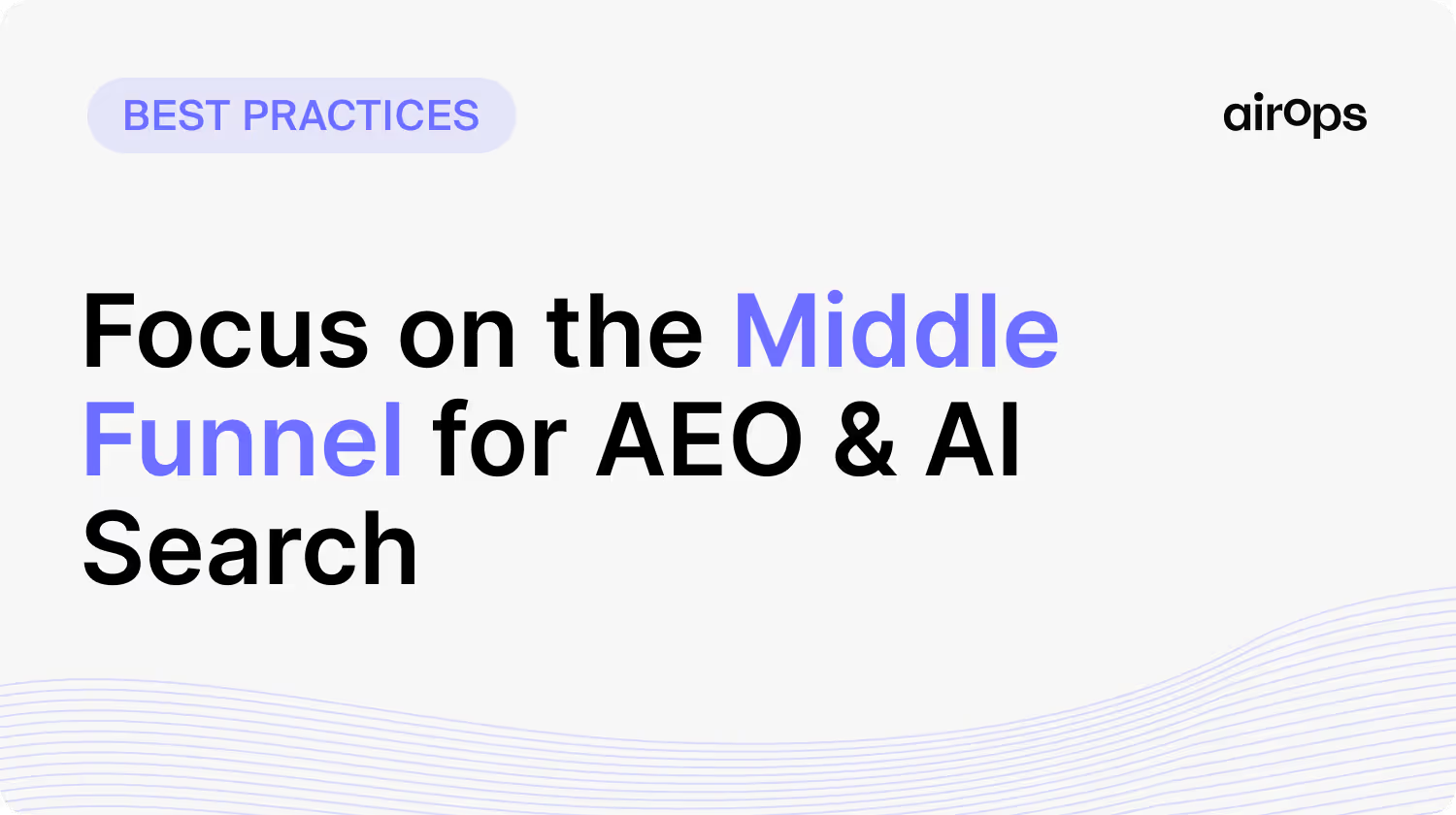How Important is a Meta Description to SEO?

A well-crafted meta description plays a significant role in influencing user engagement, yet its direct impact on SEO is often debated. While search engine algorithms have grown more complex, the importance of delivering clear, compelling meta-descriptions remains relevant.
This article explores the connection between meta descriptions and search engine optimization (SEO), offering insights into how this small snippet can influence your website’s performance. By focusing on the key benefits and limitations, we’ll assess how important this element truly is when shaping your digital presence.
Should You Create Custom Meta Descriptions for Each Article?
Yes, you should create custom meta descriptions for each article. While autogenerated or AI-generated descriptions might seem convenient, they often lack the precision and relevance needed to engage users effectively.
Custom meta descriptions allow you to tailor the message to reflect the specific content of each page, providing better context for both users and search engines. Well-crafted descriptions align more closely with the search intent and help improve click-through rates.
Investing time in writing unique meta-descriptions ensures that they serve as an accurate, compelling snapshot of your content rather than relying on generic or suboptimal alternatives.
How Do Meta Descriptions Impact SEO?
Meta descriptions affect your website's SEO performance in several ways, even though they aren't direct ranking factors. Their primary impact comes from influencing user behavior and providing context to search engines.
Indirect Effect on Rankings
While meta descriptions don't directly impact search engine rankings, they can influence user behavior, which in turn affects rankings. A well-crafted meta description that accurately represents the content can increase the click-through rate (CTR). A higher CTR indicates to search engines like Google that users find your content valuable and relevant to their search queries. This positive user engagement can improve rankings over time as search engines prioritize content that satisfies user intent. A compelling meta description can lead to higher user engagement and indirect ranking benefits.
Keyword Relevance
Incorporating relevant keywords into your meta descriptions is essential for helping search engines and users understand your page's context. Although meta descriptions themselves don't directly affect rankings, search engines often highlight keywords from them in search results. Including primary and secondary keywords in your meta description increases the likelihood of your page being displayed for relevant searches, reinforcing content relevance and increasing click-through rates.
Relevant keywords in the meta description can also help search engines better understand your page's focus, supporting its appearance for appropriate search queries. Aligning your meta description with your overall SEO strategy enhances visibility and click-through rates.
User Experience and Branding
Meta descriptions are essential for user experience and brand identity. A well-crafted meta description aligned with the user's search intent improves their experience and reduces bounce rates. It also serves as a mini-advertisement, allowing you to convey your brand's tone and value proposition.
Consistent use of meta descriptions reinforces brand recognition and trust. Additionally, it builds a sense of consistency across your online presence, leading to stronger engagement and more conversions.
Rich Snippets and SERP Features
Meta descriptions can influence rich snippets, featured snippets, and other SERP features to improve visibility, credibility, and click-through rates. Well-optimized meta descriptions can impact how search engines display your content, making your listing stand out. They also contribute to other SERP features like knowledge panels, video carousels, and local packs, expanding your digital presence.
How to Optimize Meta Descriptions for SEO
In order to optimize your meta descriptions for SEO effectively, it's crucial to focus on both technical elements and user engagement. A well-crafted meta description can enhance your website's visibility in search results and significantly increase click-through rates by offering users relevant and compelling content.
Keyword Research
The first step in optimizing meta descriptions is to conduct thorough keyword research. This involves identifying the most relevant terms that align with user search intent to ensure your meta description directly addresses the queries users are entering. Long-tail keywords, in particular, are valuable as they often face less competition but have higher conversion potential, allowing you to target more specific user searches.
Avoid Duplication
Each page on your website should have a unique meta description that accurately reflects its content. Avoid duplicating descriptions across multiple pages, as this not only diminishes the user experience but can also cause issues with search engines. Tailoring meta descriptions for each page allows you to highlight the unique features or benefits of your content, giving users a reason to engage with your page over others.
Track Your Metrics
Monitoring and adjusting your meta descriptions based on performance is another crucial aspect of optimization. Using tools like Google Search Console, you can track the effectiveness of your descriptions by analyzing click-through rates and user engagement. Pages with low engagement might benefit from a refreshed meta description, and A/B testing different versions can help you determine which resonates best with your audience.
Mobile-Friendly Descriptions
Additionally, optimizing for mobile users is essential in today’s search landscape, where mobile searches are increasingly common. By front-loading important information and keeping descriptions concise, you ensure that key details remain visible on smaller screens, improving the user experience.
Schema Markup
To further enhance your meta descriptions, consider using schema markup. This structured data provides additional context to search engines, which can enhance your search listings with rich snippets. These snippets display extra details such as product prices, availability, or customer ratings, which can lead to higher visibility and better click-through rates, especially for product or service-based pages.
Final Thoughts - Is Optimizing Meta Descriptions Worth the Effort?
Absolutely. Optimizing meta descriptions is a strategic investment that can yield significant benefits for your website's performance. Compelling and relevant meta descriptions can dramatically boost user engagement and click-through rates. This enhanced interaction can contribute to better search visibility over time.
Well-optimized meta descriptions serve as mini-advertisements, helping your web pages to stand out in crowded search results. They ensure that users find exactly what they're searching for, reducing bounce rates and fostering higher engagement.
Moreover, optimizing meta descriptions allows you to showcase your brand voice and differentiate yourself from competitors. Well-written descriptions can reinforce keyword relevance and improve your chances of appearing in specific search results. They also provide an opportunity to address user needs, highlight unique selling points, and even improve visibility in voice search results.
Ultimately, well-crafted meta descriptions are not just about improving rankings—they’re about building trust, attracting the right audience, and driving meaningful engagement. By aligning your descriptions with user intent and keeping them relevant, you enhance your overall SEO strategy and ensure long-term success in search engine performance.
If you’re looking for a way to optimize your meta descriptions with AI and avoid the generic-sounding descriptions it usually writes, AirOps’ meta description generator can be a great alternative. It’s a free AI-powered tool designed to help you craft compelling, SEO-friendly meta descriptions in seconds. Whether you're optimizing existing content or creating new pages, our tool ensures your descriptions are tailored to attract clicks and improve search visibility. Take the guesswork out of meta description optimization and let AI do the heavy lifting.
Looking to create compelling meta descriptions that boost click-through rates and improve search visibility? Try AirOps today!
Win AI Search.
Increase brand visibility across AI search and Google with the only platform taking you from insights to action.
Get the latest on AI content & marketing
Get the latest in growth and AI workflows delivered to your inbox each week

.avif)



.avif)
.avif)
